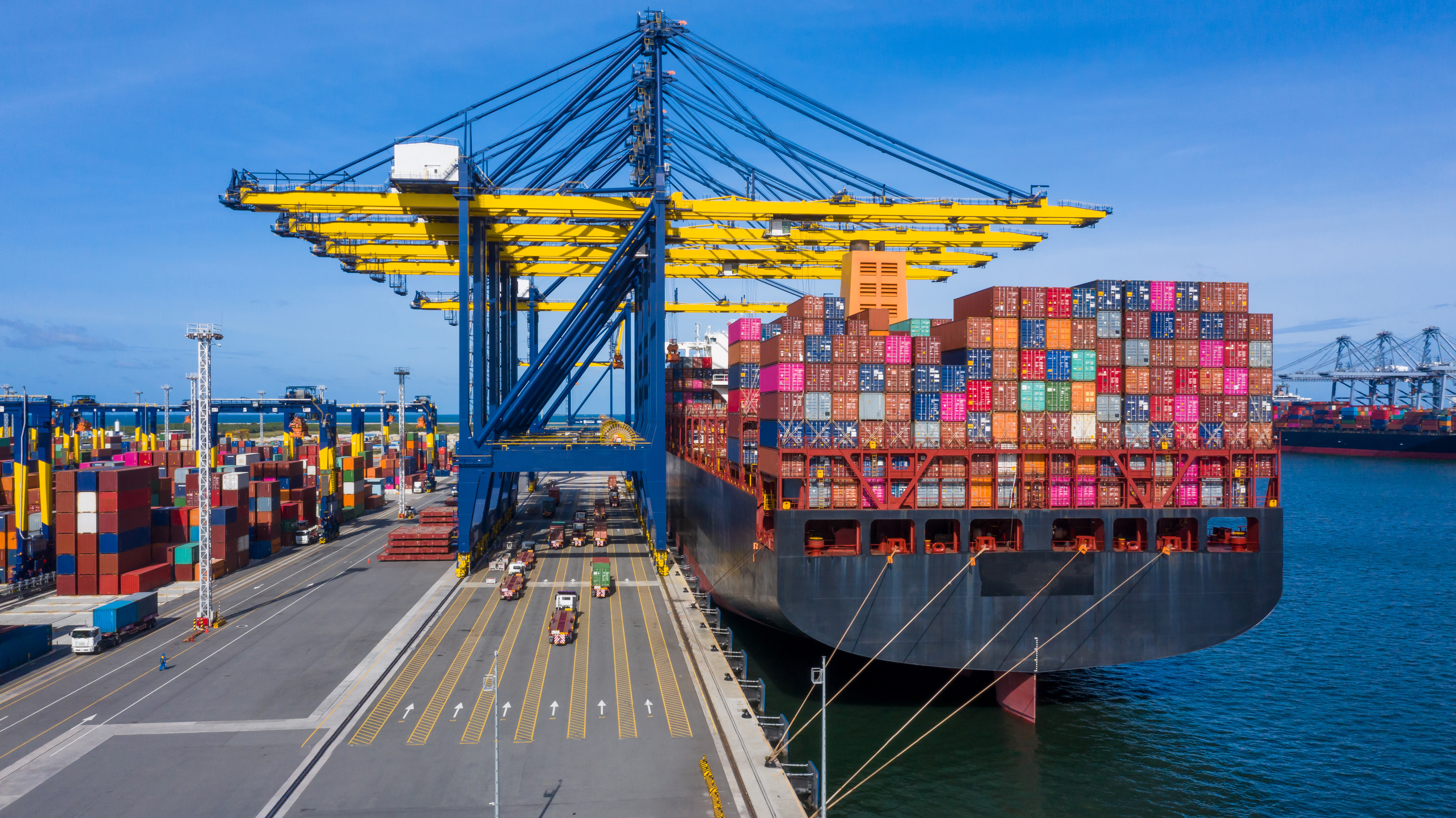Marc Jackson reviews the problematic issues of enforcing guarantees provided by Chinese guarantors in China:
Pursuant to Chinese law, it is illegal for a Chinese legal entity to provide a guarantee to a foreign legal entity unless permission has been obtained from the State Administration for Foreign Exchange (SAFE). Accordingly, unless such a guarantee is SAFE registered, it cannot be enforced in China.
Whilst refund guarantees relating to shipbuilding contract avoid the need to obtain SAFE approval (on the basis that the issuing bank simply needs to report such guarantees to SAFE for risk management reasons), the same is not true of charter party guarantees which for all practical purposes have fallen outside the scope of SAFE approval.
There have been numerous instances, particularly following the financial crash of 2008, in which Owners have been unable to enforce arbitration awards against Chinese entities on the basis that the guarantees they provided were not SAFE approved, and thus illegal under Chinese law.
Relaxation of Position
However, new regulations pertaining to the provision of cross-border security came into force on the 1st 2014 which significantly relaxed the position. These new regulations are wide ranging, and cover
a myriad of security situations.
From the shipping perspective, the most relevant situations arise when:
- the guarantor is Chinese and the other parties to the
contract are based offshore (Nei Bao Wai Dai or
"Outbound security"); - the guarantor is based offshore, but the other parties
are based in China (Wei Bao Nei Dai or "offshore
security") and; - Any other type of security in which one or other
principal party is based in China and the other
offshore. It does not matter whether the guarantor
is based in China or elsewhere in this situation.
What does this mean in practical terms?
Security arrangements, such as a guarantee or standby letter of credit, are no longer subject to SAFE approval or administrative requirements.
For "Outbound" or "offshore" security, the previous system of quota management and pre-approval has been replaced. Prior approval is no longer required and registration takes place following execution.
- In terms of other cross border security (i.e. (c) above) no registration is required.
- SAFE approval on enforcement of guarantees has been abolished. For charterparty guarantees, the new regulations should have a beneficial impact in that if a Chinese guarantor provides a performance guarantee and the charterer is a domestic Chinese company, then the guarantee does not require SAFE registration or approval at all.
- The new regulations should be beneficial for charterparty guarantees; if the charterer is a domestic Chinese company and the guarantor provides a performance guarantee, then SAFE registration or approval is not required for the guarantee. However, if the charterer is a foreign company, the Chinese guarantor is obliged to register the guarantee with SAFE within 15 days.
- It is understood that the position in relation to refund guarantees will remain unchanged, with SAFE approval not being necessary, although the banks do report to SAFE on a regular basis.
- The relaxation of the SAFE procedures should bring greater certainty in terms of the enforcement of performance guarantees provided by Chinese companies. However, it is unclear what sanctions a guarantor would face if it failed to register the guarantee, and so an element of counterparty risk therefore remains.




![The Solomon Trader [2025] EWCA Civ 1387: The ‘pay to be paid’ rule affirmed in the Court of Appeal](/fileadmin/uploads/ukpandi/News_Images/AdobeStock_104743067.jpeg)
